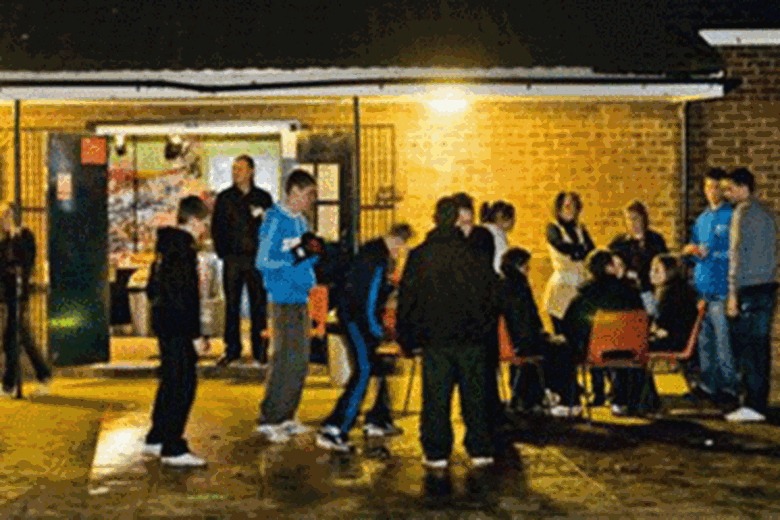Decline of regional youth work units 'threatens local services'
Gabriella Jozwiak
Monday, August 19, 2013
Local youth groups are becoming increasingly isolated because of reduced support from regional youth work units (RYWUs), an RYWU chief has warned.

Miriam Jackson, chief executive? of the RYWU in Yorkshire and the Humber, said local government budget cuts had weakened RYWUs’ ability to help services share best practice and resources.
She said cuts had made it harder for her RYWU to help smaller youth organisations bid for funding, such as the contracts offered through the National Citizen Service (NCS).
“I used to meet with lots of my regional organisations on a very regular basis,” said Jackson.
“I had lots of networks and groups that came together to discuss voluntary and statutory training. That doesn’t happen any more because of a lack of funding and lack of people.
“Three years ago I went off to learn about NCS. I came back and co-ordinated a group [of youth service representatives], told them all about it and we talked about whether we were going to bid to take part,” she continued.
“The second year we did the same. The third I did a much smaller briefing and this year I didn’t do anything.
“People are more and more isolated in what they’re doing. I can’t give you a clear overview of what’s happening in my region. No one is really doing that job anymore.”
Jackson said training for youth workers, sharing best practice between services and providing quality assurance to organisations had all suffered as RYWUs have cut back.
Prior to 2010, there were nine RYWUs in England. Now six remain with two, including Yorkshire and the Humber, only open part-time.
Jackson said the decline of RYWUs, which are funded by local authorities, represented a false economy.
“RYWUs are by no means the be all and end all, but for the amount of money it takes to fund one, they can help organisations deliver a lot of provision,” she said.
David Wright, chief executive of the Confederation of Heads of Young People’s Services, said local areas should have a greater role in delivering national youth schemes.
“It is one of the real challenges for government: how it secures programmes for young people while at the same time remaining committed to the localism agenda,” said Wright.
“As we saw with last week's report from the Local Government Association over the effectiveness of the Youth Contract, there are concerns that best use is not being made of local authorities to secure best outcomes for young people.
“Arrangements for NCS, Youth Contract, etc. need to be firmly located within the local youth offer where the focus should be on what is best needed locally and how that is best delivered.”
Last week's Local Government Association report found that the government's attempts to reduce youth unemployment had been less successful than schemes run by local authorities and called on the government to adopt local approaches to the problem.




